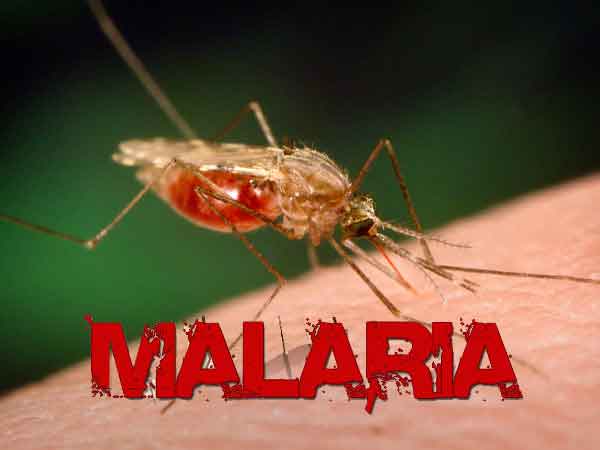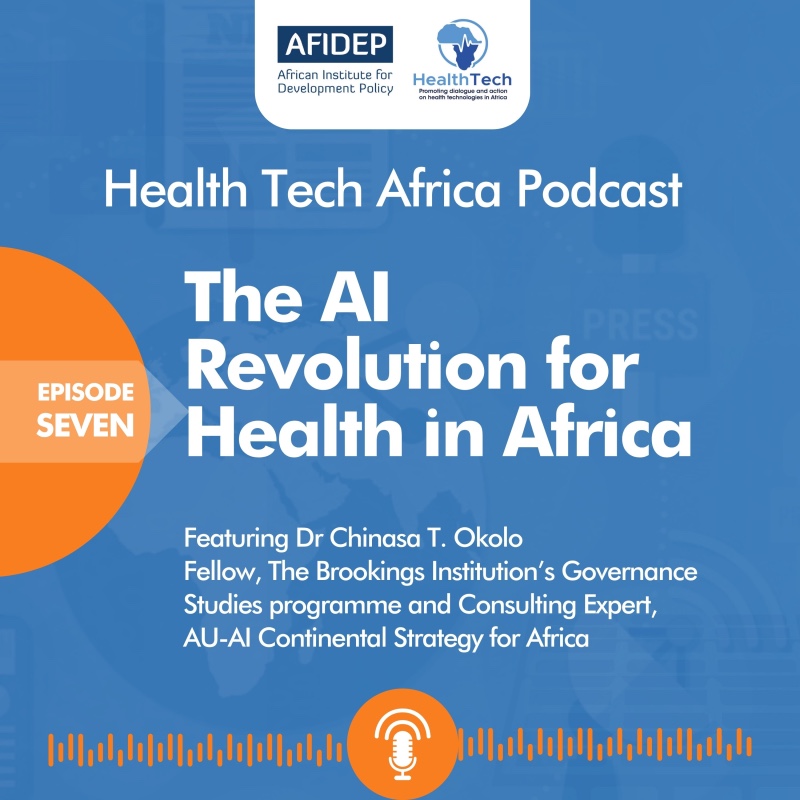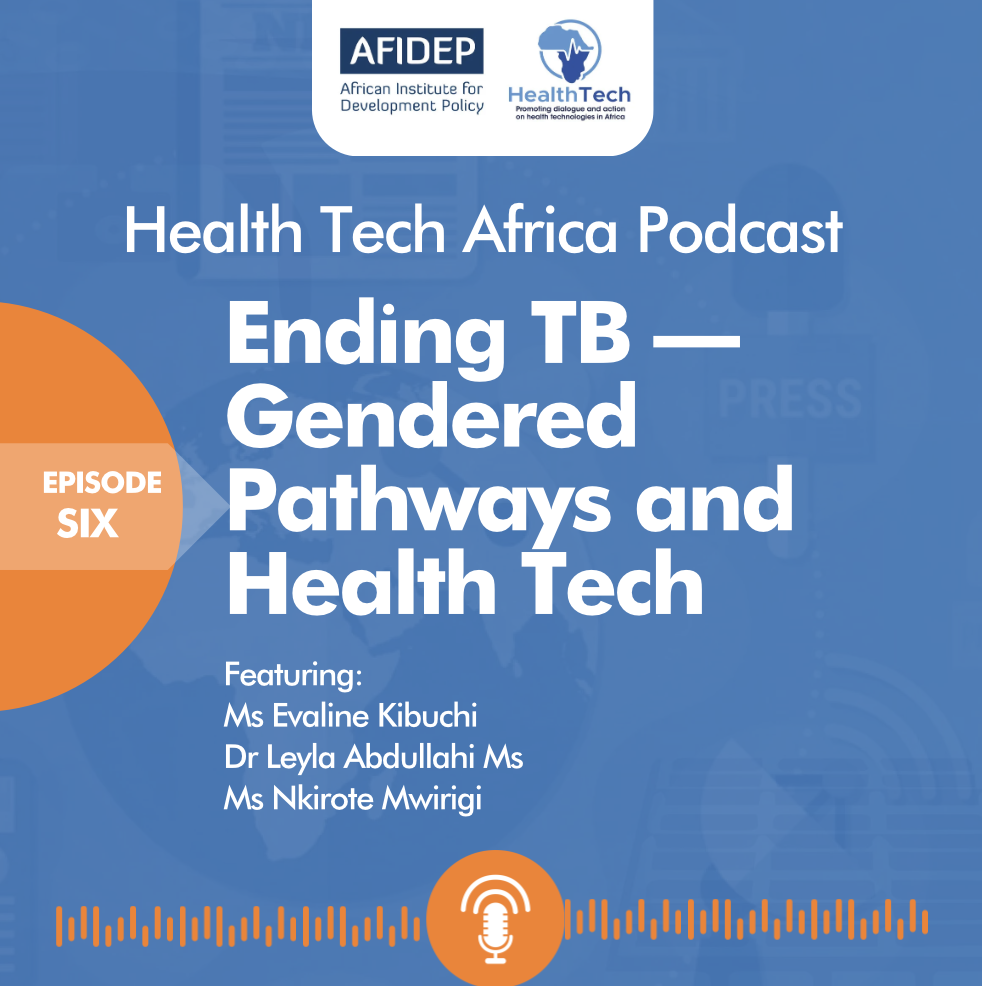
The Health Research and Innovation Strategy for Africa (HRISA): 2018-2030 is part of the African Union’s (AU’s) aspiration for Agenda 2063 ‘The Africa We Want.’ The aspiration is a prosperous Africa permeated with means and resources to drive its own sustainable development and long-term stewardship of its resources, where African people have a high standard of living, quality of life, sound health and well-being and assured health security. Adopted in line with the AU Agenda 2063 and SDGs, the strategy recognises the importance of investment in research and innovation for tackling the challenges that the African continent is grappled with.
Sub-Saharan Africa bears a large percentage of the global disease burden in addition to the sheer shortage of healthcare professionals. Many countries in the African region do not have functional national health research systems (NHRS) that generate, disseminate, use and archive health-related knowledge/ideas in published form (hard, electronic or audio forms). In such countries, the death of each modern or traditional health practitioner constitutes a permanent loss of a library of knowledge, ideas, innovations and inventions. The WHO African Advisory Committee on Health Research and Development (AACHRD) has attributed the fragility of NHRS in the Region to poor environment for research, inadequate funding, manpower, and infrastructure, and inaccessibility to modern technology.
The HRISA 2030 envisions an Africa where African-led research and innovation drives health and wellbeing. Its mission is to facilitate coordinated, sustainable and responsive health research and innovation that will provide effective interventions for health in Africa. As a goal, the strategy aims at promoting and increasing health research and innovation for improved health and well-being of Africa’s peoples.
Strategic objectives outlined by the document are to: strengthen capacity for sustained, integrated, coordinated and collaborative research, innovation and translation for health; develop and implement sustainable mechanisms for investment and financing in research and innovation for health; generate new knowledge aligned to health goals and targets and advocate for its translation into products, services, policies and practices to improve health; strengthen data-sharing platforms and systems to optimise health delivery; advocate for the adoption of emerging technologies and supporting platforms to improve health; and strengthen and harmonise regulatory, ethics and intellectual property systems in order to maximise the benefits from African-led research and innovation for Africa and the global community.
To achieve the strategic objectives, explore opportunities and contribute to bridging the health research and innovation gaps on the continent, the HRISA 2030 has committed to seven priority interventions:
- Develop human capacity for sustained health research and innovation, which is critical for the generation and utilisation of new knowledge.
- Develop a conducive environment for research and innovation to allow researchers to employ inter-disciplinary and trans-disciplinary approaches to conducting their research.
- Promote sustained investments and financing mechanisms in research, development and innovation for health.
- Support the generation of new knowledge and its translation into products, services, policies and practice to improve health.
- Generate, warehouse, share and utilise data to inform and guide decision-making in terms of health delivery.
- Support the development and adoption of emerging and existing technologies to improve health.
- Develop and strengthen regulatory systems, intellectual property and ethics that leverage the benefits of health research.
Emerging technologies with the potential to improve health in Africa
In line with priority six on supporting the development and adoption of emerging and existing technologies to improve health, the AU goes further to mention some key technologies with potential to improve health on the continent including: geospatial modelling tools for disease epidemiology mapping and modelling for emergency outbreak responses; artificial intelligence (AI); 3D printing and additive manufacturing for medical device design and production; development of an ICT architecture that improves health information system including mobile-Health, electronic-health and tele-medicine that will engage patients, hospitals and medical personnel in new and efficient ways for improved health outcomes and real time data collection for health research; and ‘omic’ technologies for the advancement of health solutions. It further commits to strengthen policy and regulatory systems to meet the needs of innovators, industry and societal stakeholders on matters relating to the introduction of emerging technologies for research and health delivery.
Dr Ibrahim Assane Mayaki, Chief Executive Officer of AUDA-NEPAD, could not have summarised the HRISA in a better way.
“The deployment of the Health Research and Innovation Strategy for Africa is multi-purpose; it envisions an Africa where African-led research and innovation drives health and wellbeing; contributes to technological learning and industry development; generates potential for value chain upgrading; and contribute to economic development and health security.”
To support the implementation of the commitments in priority six on development of emerging health to improve health, thePlatform for Dialogue and Action on Health Technologies in Africa (Health Tech Platform) is promoting and facilitating open and balanced discussions on the development and use of emerging tools and technologies to address health challenges in Africa. Among others, the Platform has prioritized the development and testing of gene drives technology for Malaria control and elimination on the continent. This is because Malaria remains a major killer in Africa, with the continent accounting for more than 90% of illness and deaths caused by Malaria.
The HRISA (2018-2030) is a product of multi-stakeholder efforts and it is structured to serve as a guide for Member States and Regional Economic Communities (RECS) to design their strategies to strengthen national health research and innovation systems for improved human, economic and social outcomes. In addition to being a guide to Member States and RECs on priorities for agenda setting in health research and innovation, the strategy also serves as a framework for stakeholder alignment to Africa’s health research and innovation.




